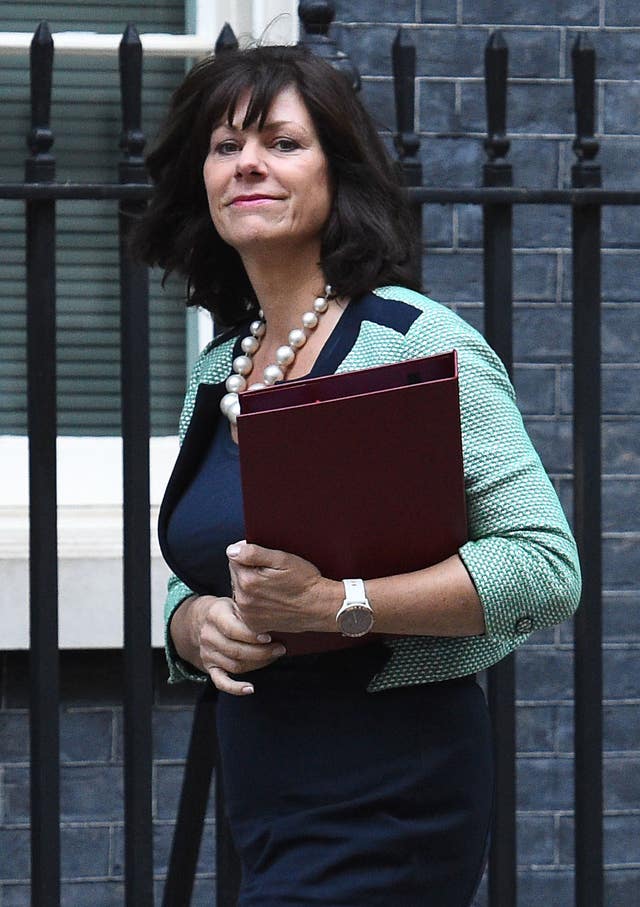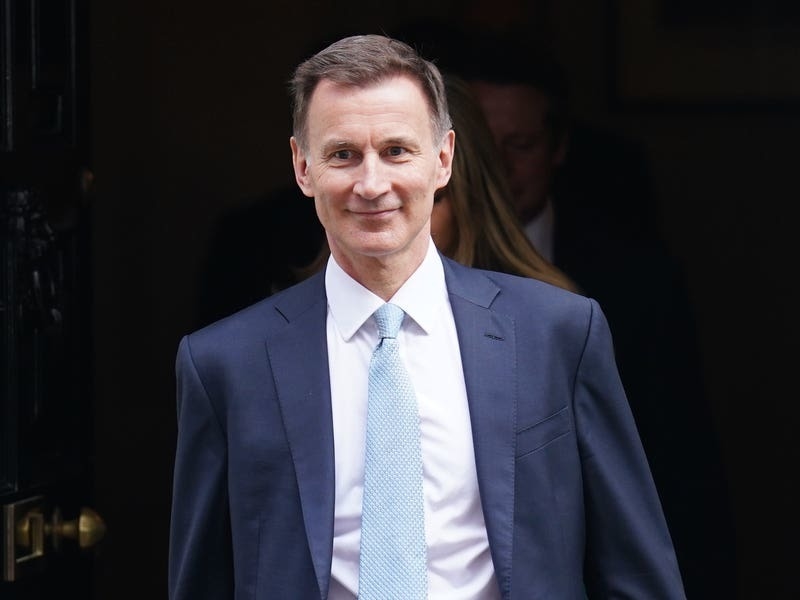The Big Six energy suppliers have seen profits fall for the first time since 2014 as customers flock to smaller competitors, but more than half of households remain on poor-value default deals, the regulator said.
Annual profits of SSE, EDF, British Gas, Npower, E.On and Scottish Power dropped by 10% last year to £900 million as their market share fell to a new low, Ofgem’s annual State of the Energy Market report said.

However, as of April this year, more than half (54%) of households were still on a poor-value default deal compared with 57% of households in October last year.
Ofgem warned that many customers in vulnerable circumstances, including those on prepayment meters, continued to be the most likely to be paying over the odds for their energy.
A survey of more than 70,000 customers by the regulator found that one in 10 prepayment customers “self-disconnected” from their electricity or gas supply because they did not top up their meters.
Ofgem said it will be launching a call for evidence next month to find out more about self-disconnection, including whether suppliers are doing enough to help these customers.
While 41% of respondents to Ofgem’s latest annual Consumer Engagement Survey said they had engaged in the market to some degree, for example by switching, this fell to 32% of those living in rented social housing and 32% of households using prepayment meters.
The report also found that one in every five customers (19%) living in private rented housing is in fuel poverty, higher than any other type of households and almost twice the overall average.
The report also shows that average household energy consumption continued its long-term decline last year, falling by 5.5% for gas and 3.3% for electricity, partly as a result of homes being better insulated and milder winters, although Ofgem said it could also be driven by customers turning off heating and lights to save money.
The Beast from the East in March increased heating demand across the country to its highest level since 2010, but electricity and gas networks were resilient with sufficient capacity to meet demand, Ofgem said.

“Ofgem has introduced the safeguard tariff which ensures that five million households, including some of the most vulnerable, pay a fairer price for their energy. Price protection will be extended to a further 11 million customers on the worst deals.
“We will continue to facilitate the transformation of the energy market to ensure that benefits are captured for all consumers and ensure no-one is left behind.”

“But many customers, including the elderly and those on low incomes, are still paying too much which is why we’re introducing the energy price cap to protect over 11 million households from poor value deals this winter and further bring down the £1.4 billion a year that customers have been overpaying the Big Six.”
Lawrence Slade, chief executive of trade association Energy UK, said: “Ofgem’s State of the Market report demonstrates how the energy sector continues to transition, with increasing competition and engagement driving benefits for consumers, with switching up, complaints down and households spending less on average of their household budget on energy than last year.
“It is also welcome to see customer satisfaction with complaints handling increasing and the number of customers on standard tariffs continuing to fall.
“And the industry is proactively taking steps to go further with a number of voluntary initiatives to improve service for customers, including the Energy Switch Guarantee which provides customers with the reassurance that switching will be simple, speedy and safe.
“The independently-chaired Commission for Customers in Vulnerable Circumstances is also looking at how all stakeholders, including Government and industry, can improve services for those in most need.”






